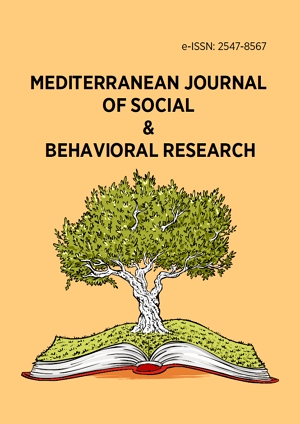Abstract
Test responses are mostly the chief basis for diagnosis, but educational appraisals of learners who experience difficulties mostly fail to account for the length of time the learner employs to respond to cognitive tasks. Impulsive children have been shown to experience challenges in school, not because they are less intelligent than the non-impulsive ones, but because of their fast conceptual tempo. This study employed a cognitive modelling procedure in attempt to reduce impulsivity in children, and subsequently enhance their performances in English language and Mathematics. A total of 93 primary four pupils who had been identified as impulsive, participated in the study. They were divided into four groups using the Solomon Four Group Experimental Design. The findings were that the experimental groups showed a reduction in impulsivity relative to the control groups at posttest and delayed posttest measures. The reduced impulsivity in the experimental groups translated into improved performance in Mathematics but this was not observed in the subjects’ performances in the English language. The results provide preliminary support for the efficacy of cognitive modelling training intervention as a mechanism for reducing impulsivity in children and enhancing their performance in Mathematics.
License
This is an open access article distributed under the Creative Commons Attribution License which permits unrestricted use, distribution, and reproduction in any medium, provided the original work is properly cited.
Article Type: Research Article
MEDITERR J SOC BEH RES, Volume 5, Issue 3, October 2021, 67-77
https://doi.org/10.30935/mjosbr/11338
Publication date: 10 Nov 2021
Article Views: 1813
Article Downloads: 1741
Open Access References How to cite this article
 Full Text (PDF)
Full Text (PDF)